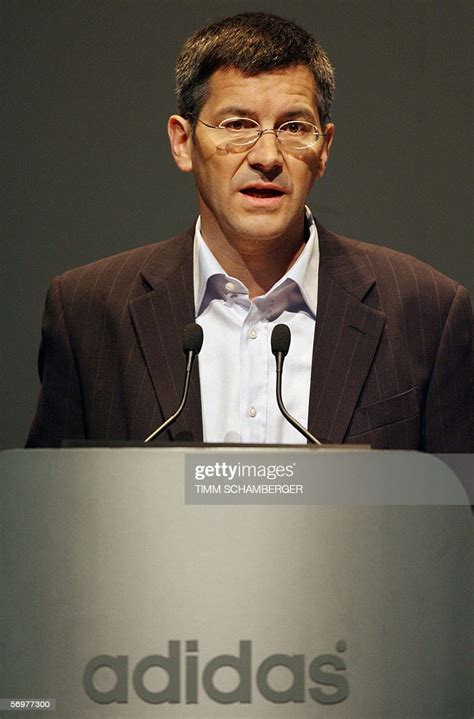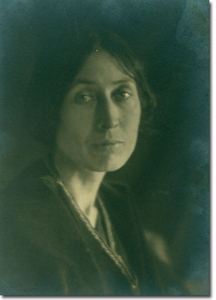Цитата Эли Визеля
Что общего у всех моих книг? Приверженность памяти.
Темы цитат
Связанные цитаты
Я верю в книги. И когда наш народ [кашляет] - наш народ Иерусалима, скажем, после того, как римляне разрушили храм и город, все, что мы взяли, это книжечку, вот и все. Не сокровища, у нас не было сокровищ. Их обыскали, увезли. Но книга — маленькая книга — и эта книга произвела на свет больше книг, тысячи, сотни тысяч книг, и в книге мы нашли нашу память, и наша привязанность к этой памяти — вот что поддерживало нас в живых.
Первый шаг в ликвидации народа — стереть его память. Уничтожить его книги, его культуру, его историю. Затем попросите кого-нибудь написать новые книги, создать новую культуру, изобрести новую историю. Вскоре этот народ начнет забывать, что он есть и что он был... Борьба человека с властью есть борьба памяти с забвением.
Но если в литературе есть такая вещь, как социальная ангажированность, то я думаю, что она должна проявляться в осознании читателем состояния человека, в прикосновении писателя к какому-то общему нервному окончанию. Я думаю, что такого рода социальная приверженность, как дама, должна быть, но она не должна показываться.
Я не уверен, что может быть любовь без обязательства, хотя обязательство принимает всевозможные формы, и может быть обязательство на данный момент, а также обязательство на все время. То, что необходимо для любовных браков, а также любовных отношений, — это приверженность сохранению основного качества души вашего партнера, прибавляя ему как личности, а не отнимая.




































